I can go back to the first house I was taken to when I was adopted, not far from where I now live. The house I grew up in is in the village where I still live today. This is part of my jigsaw.
A sense of belonging
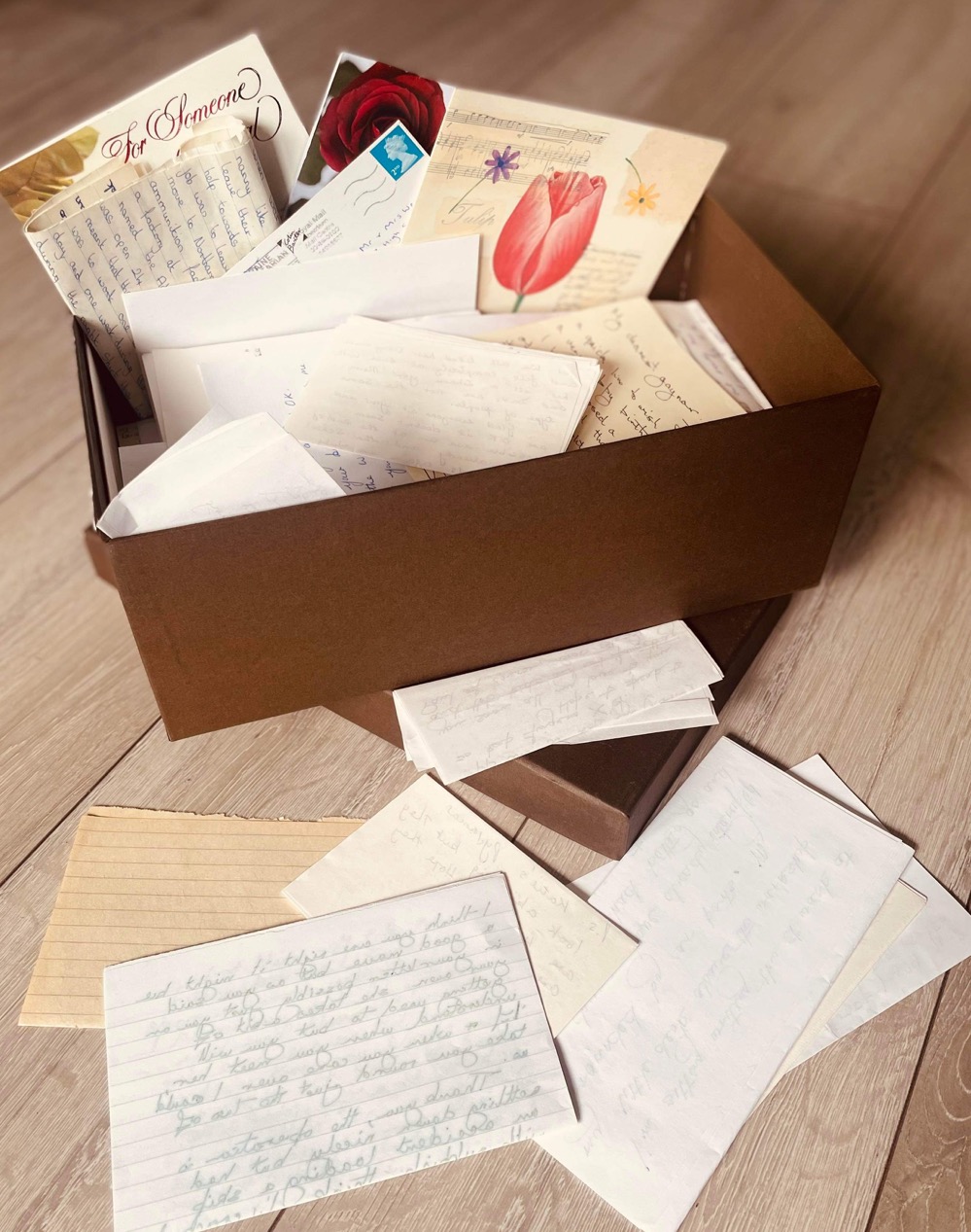

I can go back to the first house I was taken to when I was adopted, not far from where I now live. The house I grew up in is in the village where I still live today. This is part of my jigsaw.
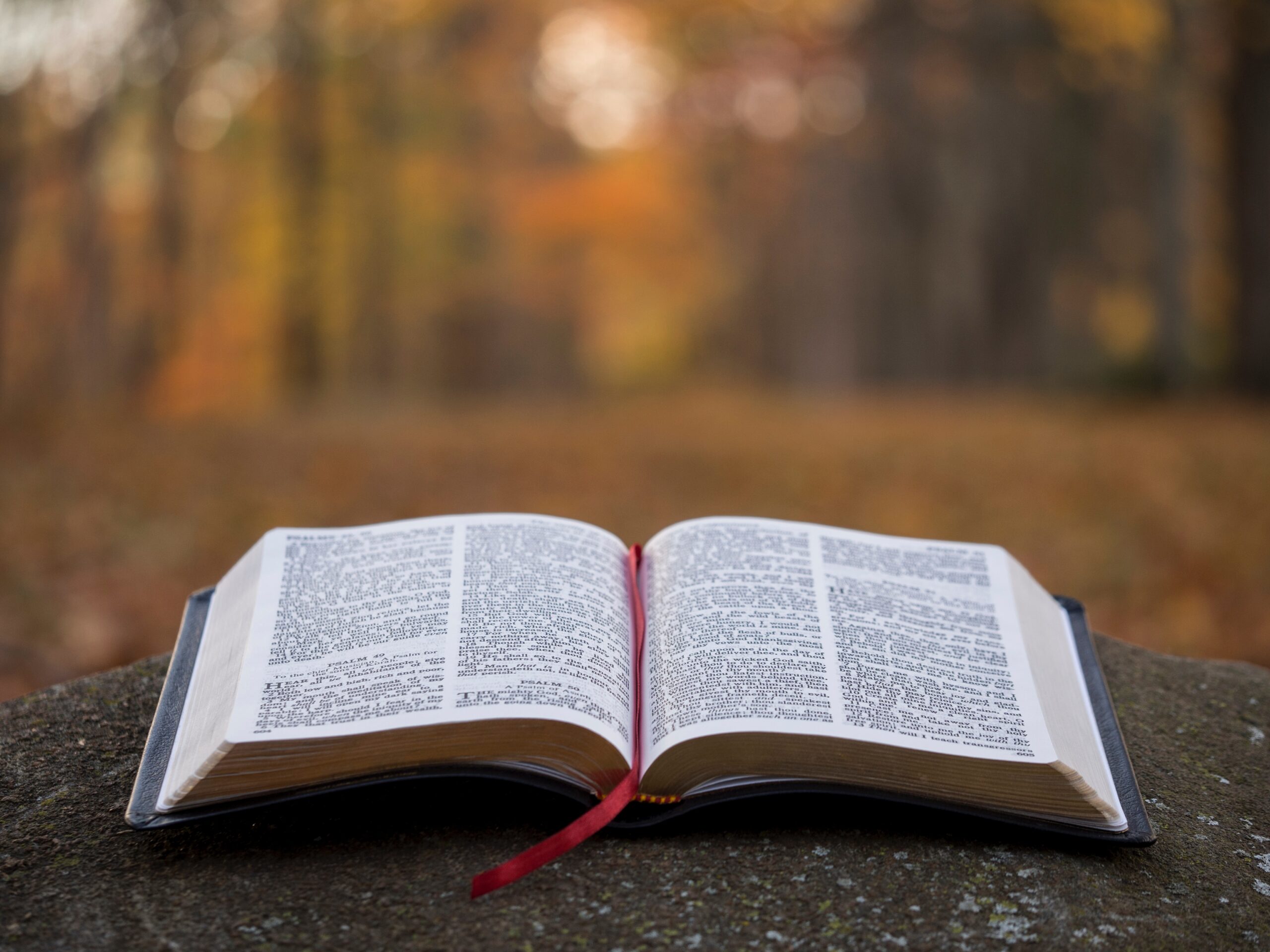
In my Christian adoption, it was echoed at every stage: I was chosen not only to be adopted by a Christian couple but also chosen to be welcomed into something bigger than myself.
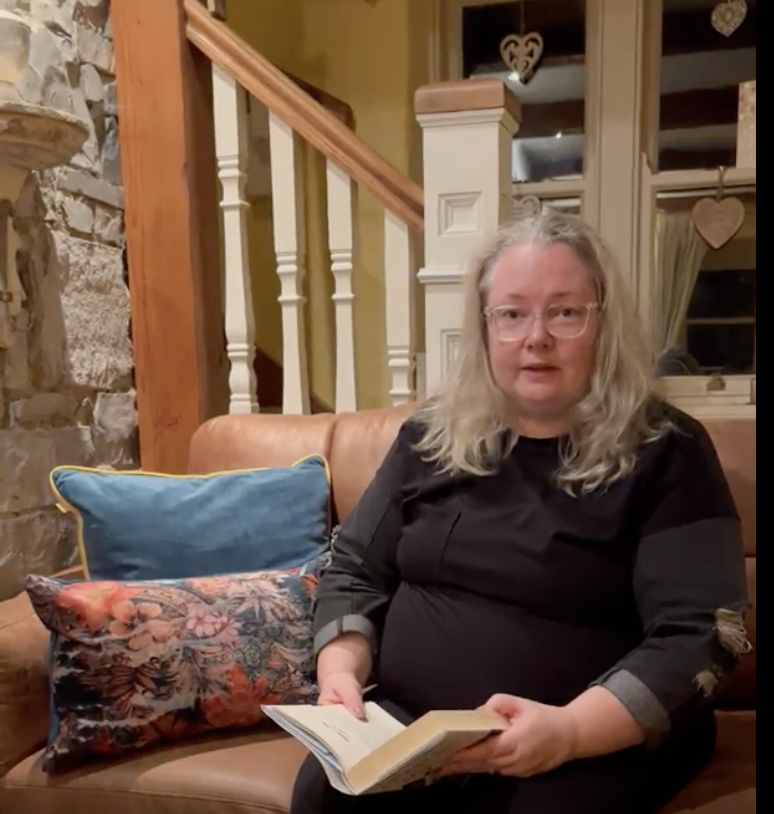
Beautiful reading from Maggie Lyng on Mother’s Day from the perspective as an adoptee. This is published in the loss section of A Page from my Life Thank you Maggie!
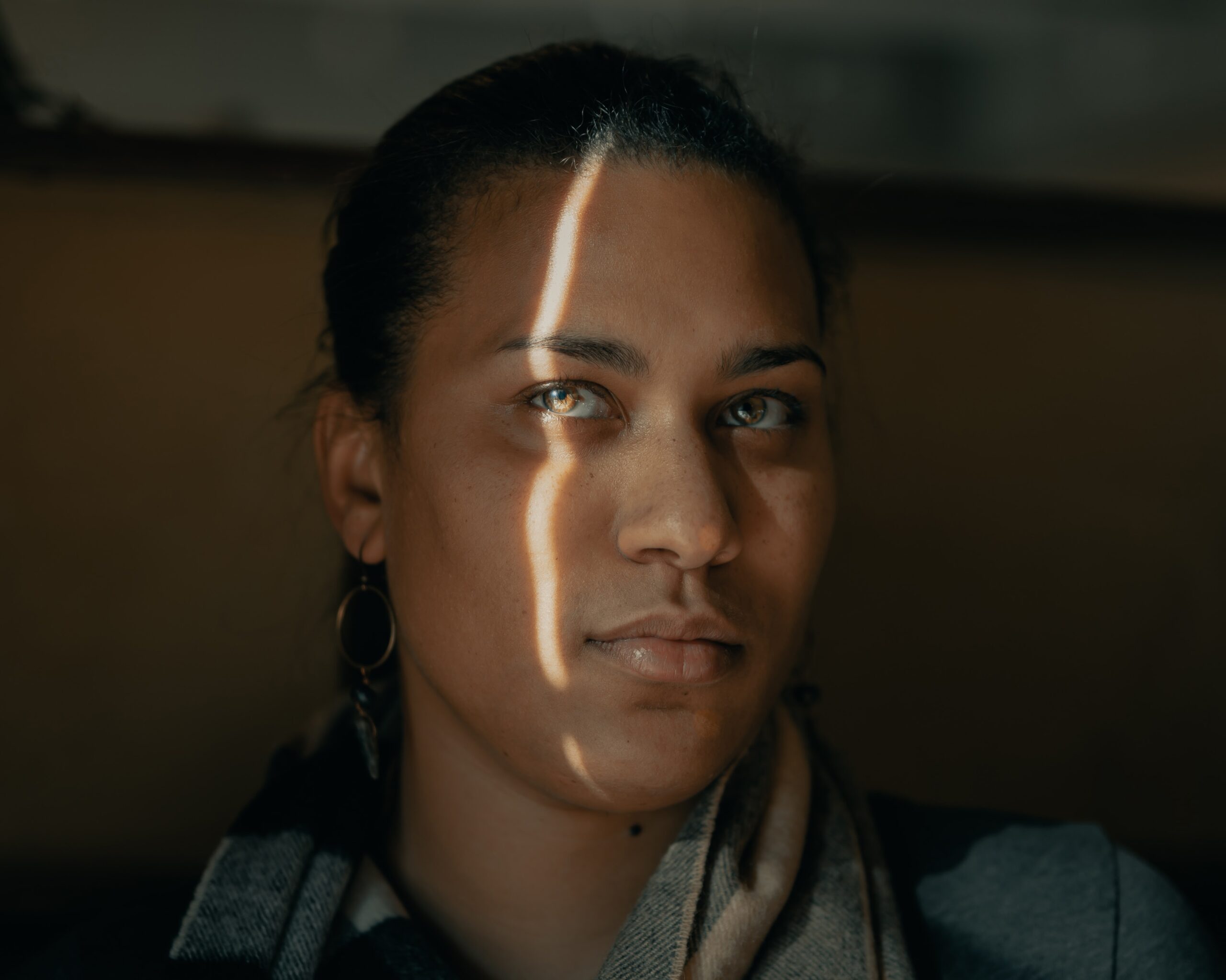
Recently Colin Kaepernick has spoken about his experiences growing up as an adoptee of colour. The thing which distinguishes his and so many other adoptions is that his adopters are white. The sad fact is that there are a disproportionate number of children of colour in the system and available for adoption. Take a look […]

What cannot be talked about cannot be put to rest. And if it is not, the wounds will fester from generation to generation. –Bruno Bettleheim Bettleheim could easily be talking about adoptees – I have asked myself these questions many times, with good reason: I am an adoptee and a therapist. It is every adoptee’s […]
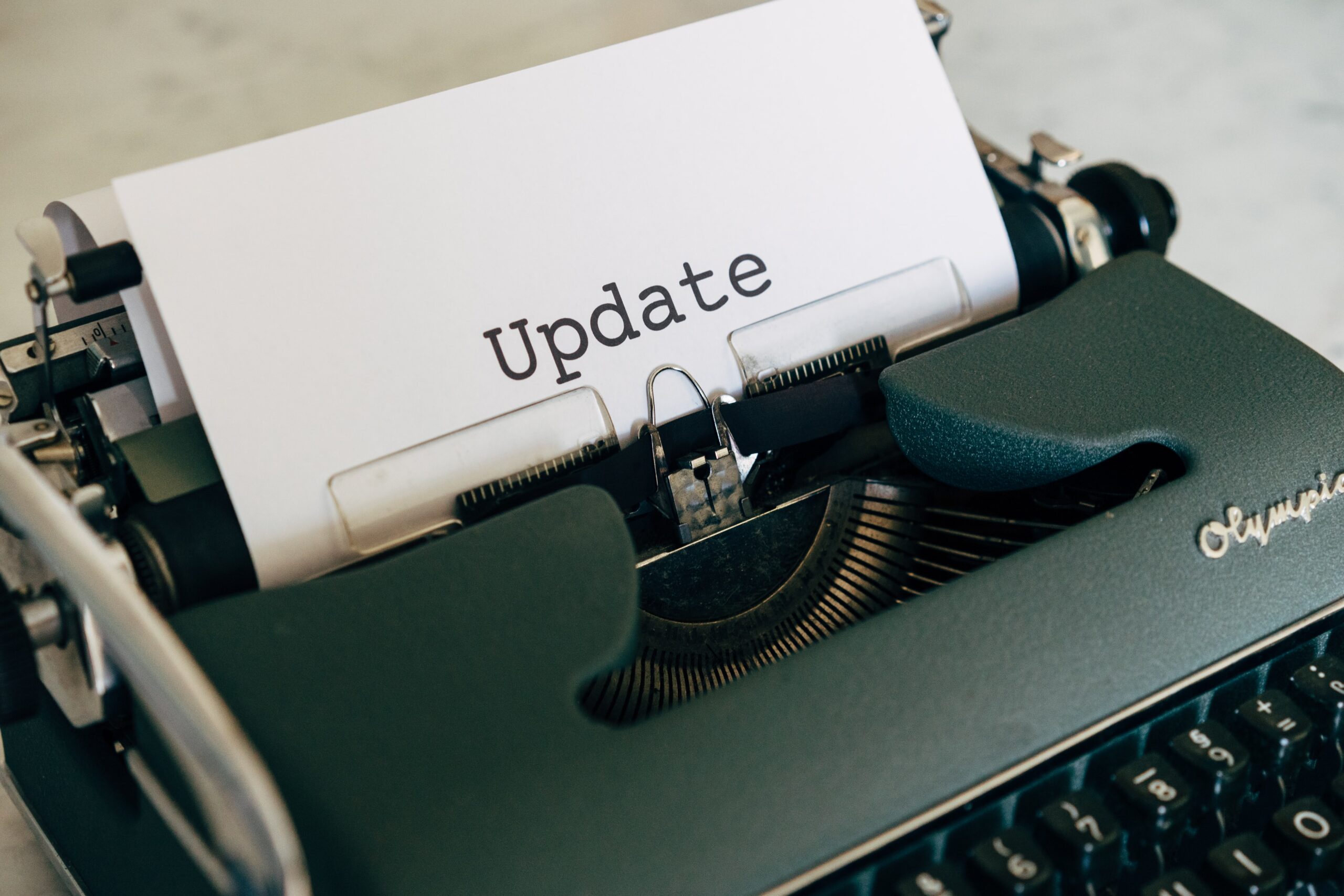
Statement by Adult Adoptee Movement Friday 3 March, 2023 There is nothing new in the government’s response and even less of value. The only change they are proposing is one they are already consulting on. To say we have had the opportunity to have our voices and experiences heard and to then do precisely nothing […]

Genetic mirroring is being able to see yourself in the family that surrounds you because of your shared DNA, something adoptees are denied
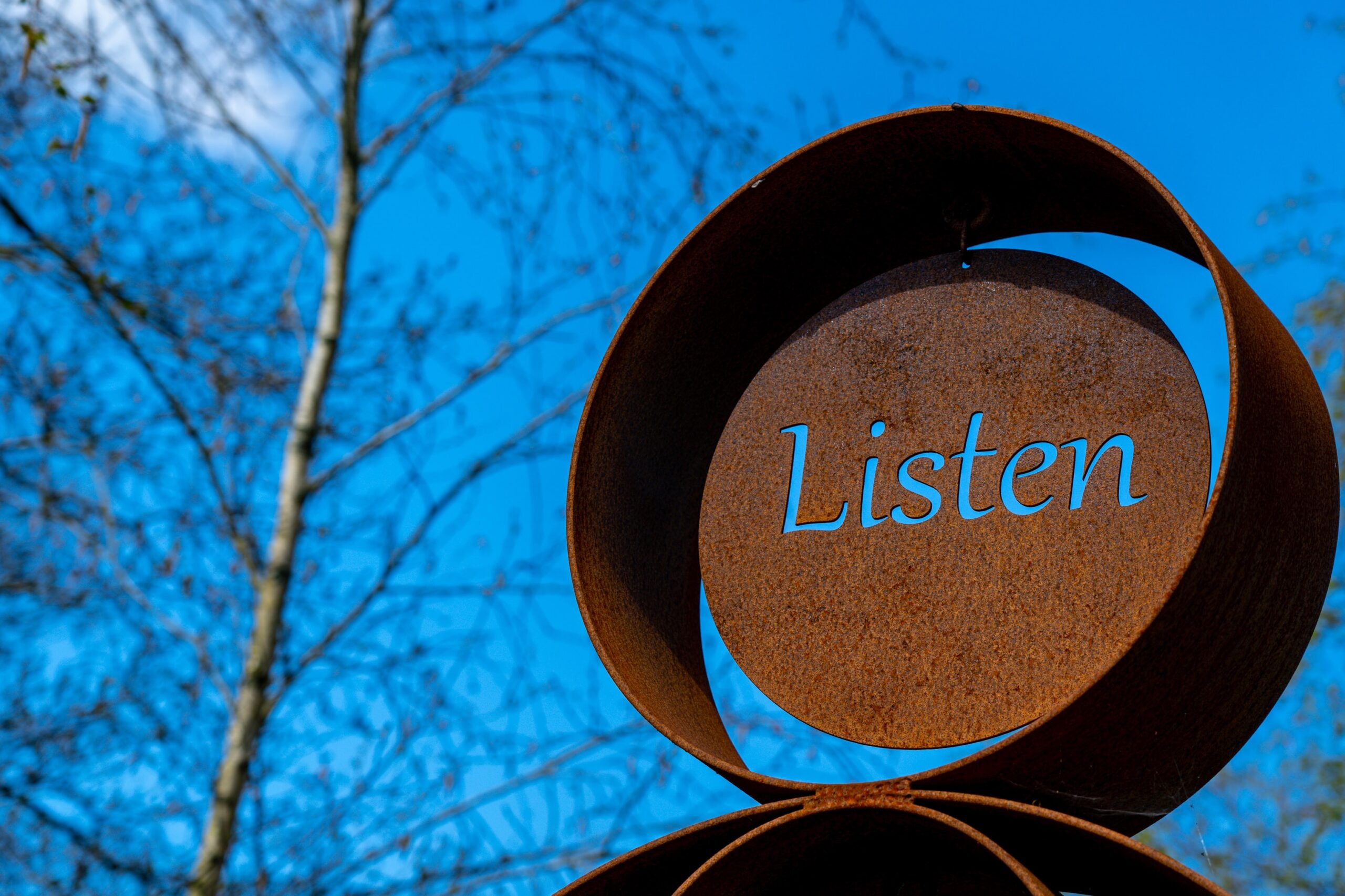
Adoption makes people uncomfortable. If you mention you are adopted you generally get one of two responses: a slight look of horror and a quick subject change, or a tilted head “poor you”. I get it. Adoption is complicated and you don’t want to put your foot in it. Of more concern are those who […]
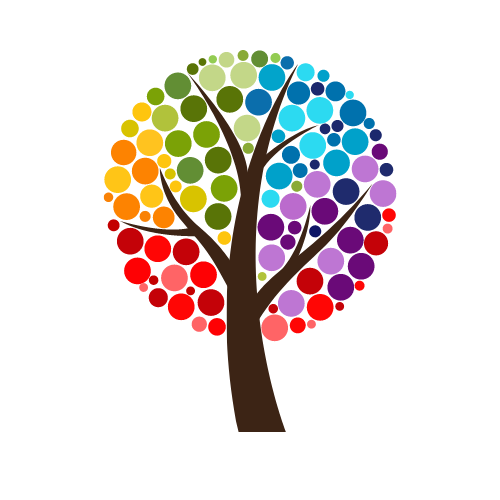
We are hugely proud to launch our website. You can read all about Adult Adoptee Movement and meet our team on the About us page. This is our blog area where we will publish our writing on specific topics or stories from our personal experiences. We hope that adoptees will find something to relate to […]